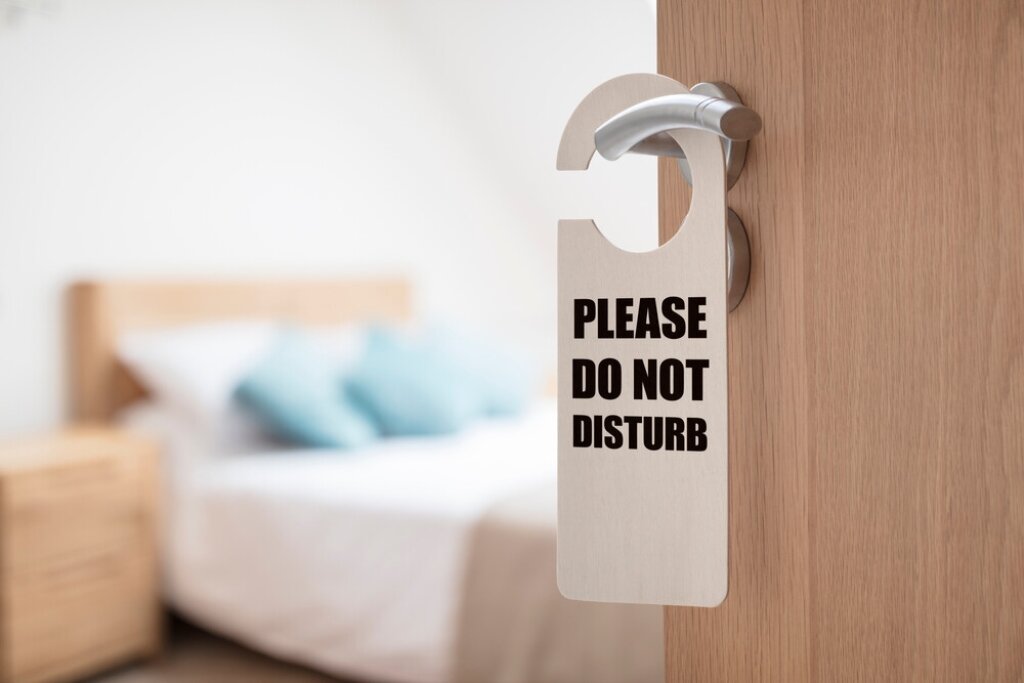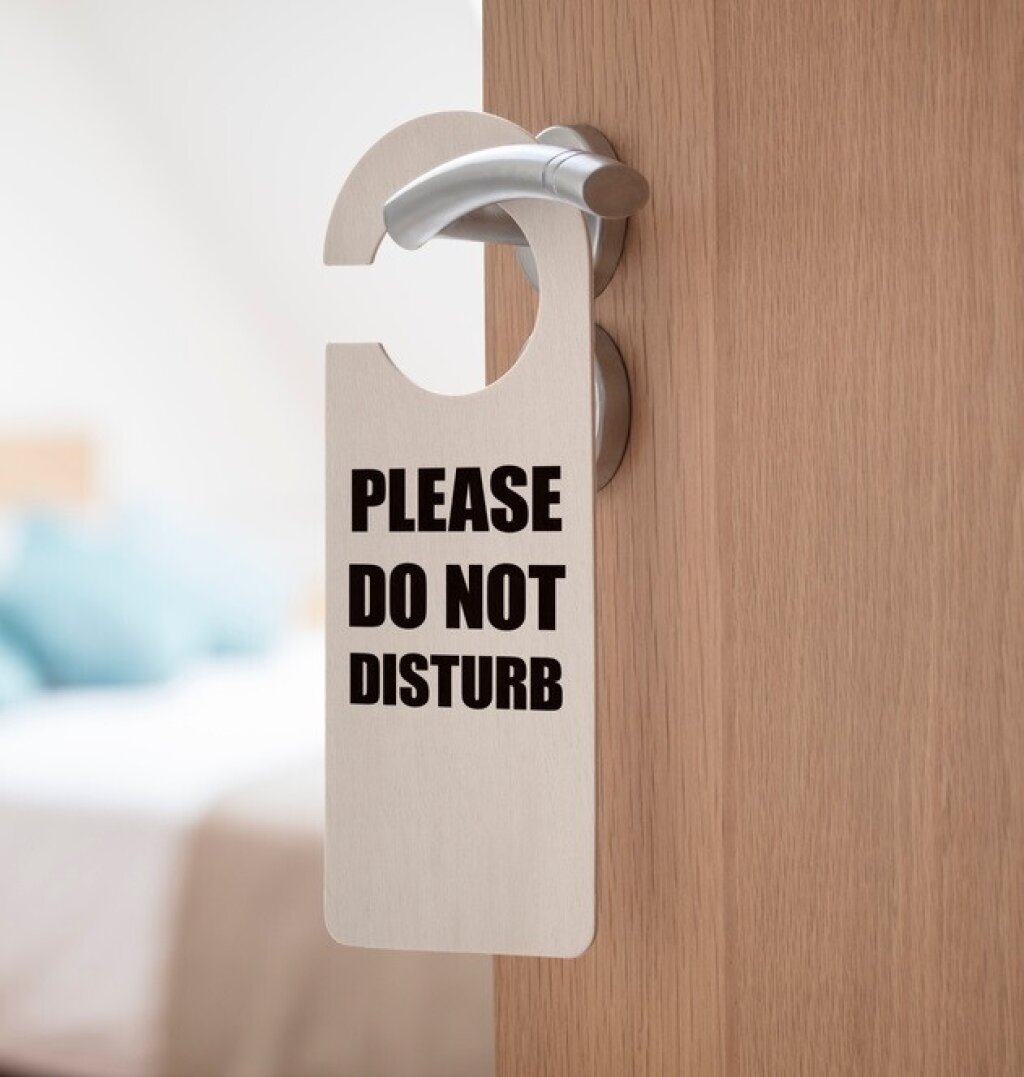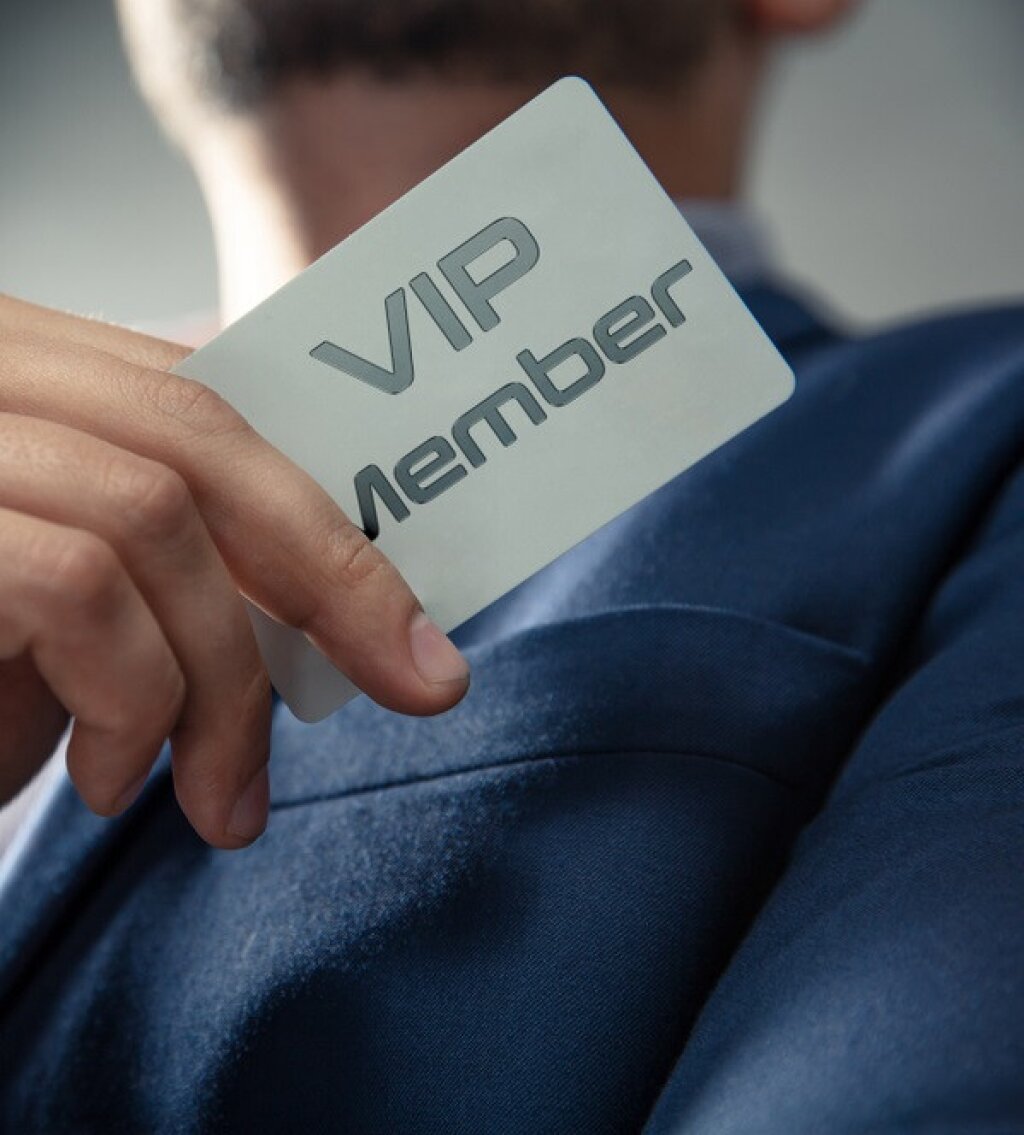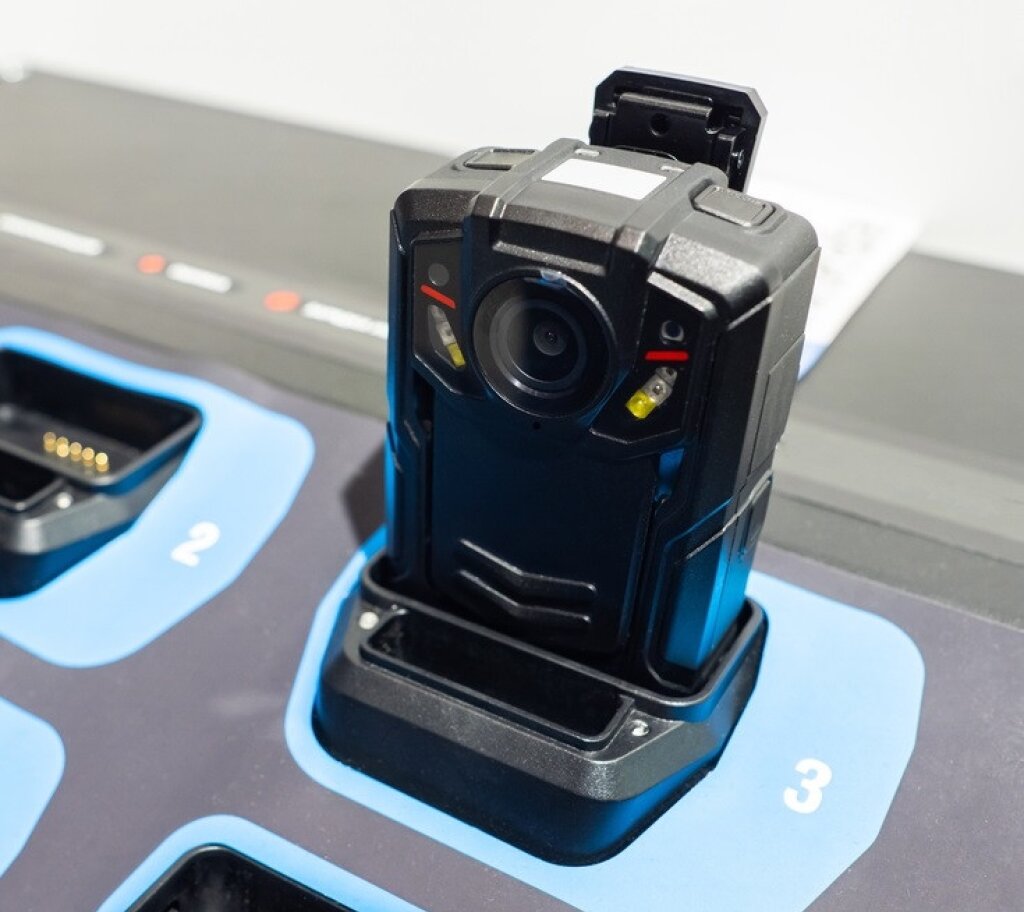Hotel CCTV: A Human-Centred Approach to GDPR Compliance
In today’s hospitality industry, guest trust and data privacy are just as important as luxurious amenities and great service. With CCTV systems in every hotel in the UK, balancing safety with respect for individual rights has never been more critical.
The General Data Protection Regulation (UK GDPR) puts strict requirements on how surveillance footage is captured, stored and used - and for good reason. Every video clip contains personal data that needs to be protected.
So how can hotels make sure their CCTV systems are secure and compliant and respectful of guest privacy?
This guide gives you practical advice on hotel guest privacy without sacrificing hospitality or operational efficiency.
Why GDPR Applies to Hotel CCTV
CCTV footage isn’t just a visual record, it’s personal data. Whether it’s a guest walking through the lobby or a staff member clocking in for a shift, surveillance systems capture images in semi-private areas. That makes hotels subject to data protection rules under the UK GDPR.
The Information Commissioner’s Office (ICO) says CCTV use must be fair, transparent and limited to specific, justified purposes. You can’t install cameras just because you want to. There has to be a clear reason and the data collected must be handled responsibly.
The ICO says good data governance should come before technical capability:
“When using surveillance systems, you can run into data protection problems if your focus is on technical capability over transparency of processing or governance of information.”

Legal Grounds for Using CCTV in Hotels
Under Article 6 of the UK GDPR hotels typically rely on legitimate interests or legal obligations as the lawful basis for CCTV use. This might be to deter theft, ensure staff safety or investigate incidents and accidents.
Consent is rarely appropriate - especially in communal areas like lobbies or restaurants - as it’s hard to ensure all individuals are genuinely free to opt in or out.
Where surveillance poses higher risks or affects sensitive areas, a Data Protection Impact Assessment (DPIA) is essential. It’s your way of demonstrating due diligence and understanding the impact on privacy before you press record.
Keeping Guests Informed: Transparency is Key
Transparency starts with signage. If guests and staff are being recorded, they need to know about it. That means clear, visible signs near every surveillance area. These signs should include:
Who is collecting the footage (the data controller) and why
What guests’ rights are under GDPR
This is often supported by a layered privacy notice approach: physical signs provide immediate information, while digital or printed policies go into more detail. Clarity and plain language are key here as jargon causes misunderstanding and undermines trust.
Smart Data Retention and Storage
Holding onto CCTV footage “just in case” isn’t a valid reason. Hotels need to set retention periods based on why the footage was collected. For example, if CCTV is used for safety or loss prevention, footage might only need to be retained for 30 days unless a specific incident requires longer storage.
There are data minimisation principles to ensure CCTV operators over-retain data by keeping it longer than necessary.
To safeguard sensitive data, hotels should:
Use encrypted storage
Implement role-based access controls
Maintain a formal retention and deletion policy that’s regularly audited
A secure system reduces data breach risks and demonstrates compliance and accountability.
Respecting Guest Rights: Redaction and DSARs
Under GDPR, guests can submit a Data Subject Access Request (DSAR) to get any personal data held about them, including CCTV footage. But this opens up a tricky question: how do you provide their footage without exposing others in the frame?
The answer is video redaction. Software tools can automatically blur faces or identifying features to respect third-party privacy. Hotels must respond to DSARs within 30 days so having the right tools in place, like AI-powered redaction, makes a big difference.
When DPIAs Are Non-Negotiable
Certain types of CCTV usage automatically trigger a need for a DPIA. This includes:
Recording in sensitive areas
Using audio recording
Facial recognition technology
A DPIA outlines what data is collected, the legal basis for doing so, potential risks and the steps taken to mitigate those risks. It’s a proactive way to embed privacy by design which the ICO strongly recommends in hospitality.
Camera Placement: What’s OK and What’s Not
CCTV can be useful in hotel operations but where you place your cameras matters. Acceptable uses generally include:
Monitoring entrances and exits
Overseeing reception desks
Car park security
But placing cameras in guest bedrooms, toilets or spa treatment rooms without exceptional justification is a major breach of privacy and GDPR. These are high-expectation zones and any use of surveillance there must be legally and ethically justifiable.
ICO case studies have shown that poorly justified CCTV use can lead to enforcement action and fines.
Avoid Common GDPR Mistakes in Hospitality CCTV Use
Many hotels fall short on GDPR compliance due to:
Vague or no privacy signage
No retention policy
No DSAR response process
No DPIAs
No redaction or data minimisation
Fixing these gaps doesn’t just protect your business from penalties; it shows your guests and staff that their privacy matters to you.
Choosing the Right Tools: CCTV Systems and Redaction
Choosing GDPR-compliant CCTV technology is a smart investment. Look for systems with:
Built-in redaction
Secure cloud or on-premises storage
Audit logs
Compliance with international data transfer regulations if using overseas storage
Identity Cloak integrates with existing CCTV systems to automate face blurring and make DSAR responses faster, accurate and more secure. Whether you’re investigating an incident or responding to a guest request for video footage, Identity Cloak simplifies compliance while protecting privacy.
Conclusion: Hotel CCTV That Builds Trust
CCTV in the hospitality industry is about more than just ticking boxes; it’s about creating a safe and respectful environment where privacy is protected and trust thrives.
To sum up:
Be transparent with guests and staff
Use clear legal grounds and DPIAs when needed
Have robust retention and redaction practices
Choose technology that supports both compliance and efficiency
When done right, GDPR compliance enhances both security and guest experience. In a world in which security and privacy matter so much, it pays to lead with care, clarity and respect.
Further Reading
Why Hotel Guest Privacy Protection Must Include Fair Access to CCTV Footage



